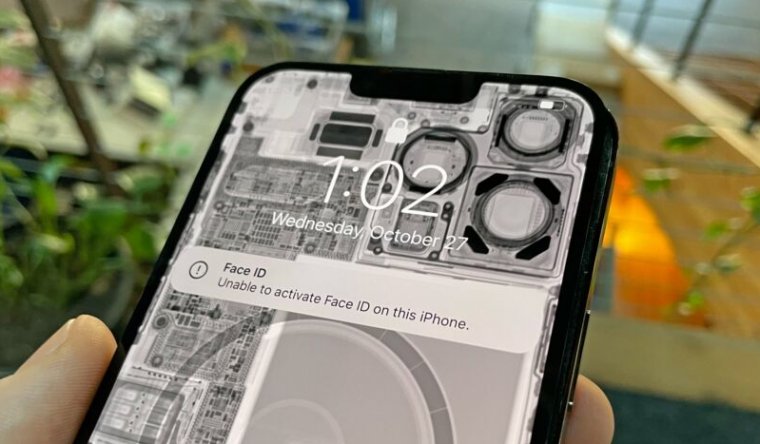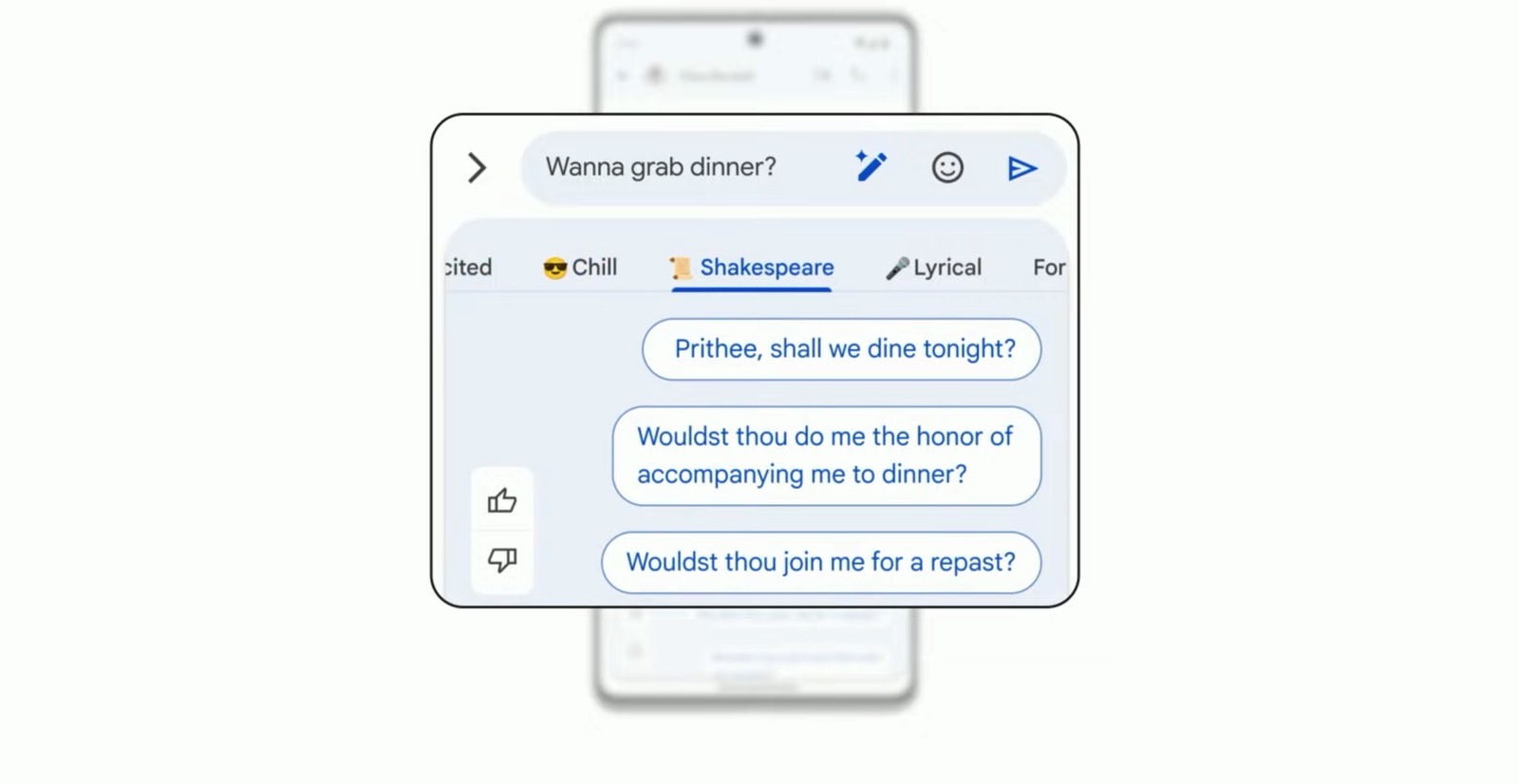
Apple says it will back off its plan to break Face ID on independently repaired iPhones. The company's often contentious relationship with the repair community was tested again when "unauthorized" iPhone 13 screen replacements started resulting in broken Face ID systems. A new report from The Verge says that Apple "will release a software update that doesn't require you to transfer the microcontroller to keep Face ID working after a screen swap."
Screen replacements are the most common smartphone repairs. Apple included a new microcontroller in the iPhone 13's display that pairs each screen with other components in the phone. As iFixit reported, if a third-party repair shop replaced the iPhone 13 display, Apple would disable the phone's Face ID system.The repair community has started calling this part-dependency trend "serialization." Basically, each protected component reports a serial number to the OS, and the software keeps track of which serial numbers the device is supposed to have. If you swap out a part, one of the serial numbers will change, and the OS will know about it. In the case of third-party iPhone 13 screen replacements, the phone would say, "Unable to activate Face ID on this iPhone."
Authorized repair shops have access to proprietary Apple software that pairs a new display microcontroller with the rest of the phone to re-enable Face ID. It's possible for unauthorized shops to swap the display microcontrollers, but that's a dramatic increase in work for the most common phone repair and requires a microscope and delicate desoldering work. Face ID on the iPhone 13 is an entirely different component from the display, so there's no clear justification for locking Face ID after a display swap. The end result, though, according to iFixit, was an "unprecedented lockdown" that "gives Apple the ability to approve or deny each individual repair."
After a wave of bad press, it's "crisis averted" for the repair community. It would be nice if this was never an issue in the first place, though.
Apple will no longer break Face ID on repaired iPhone 13s - Ars Technica
Read More

No comments:
Post a Comment